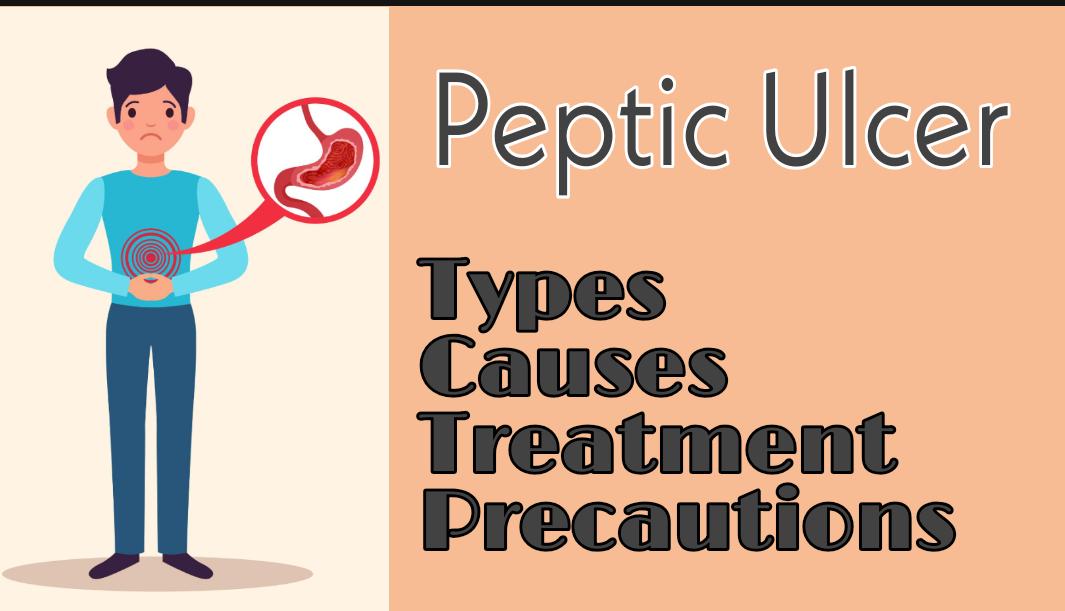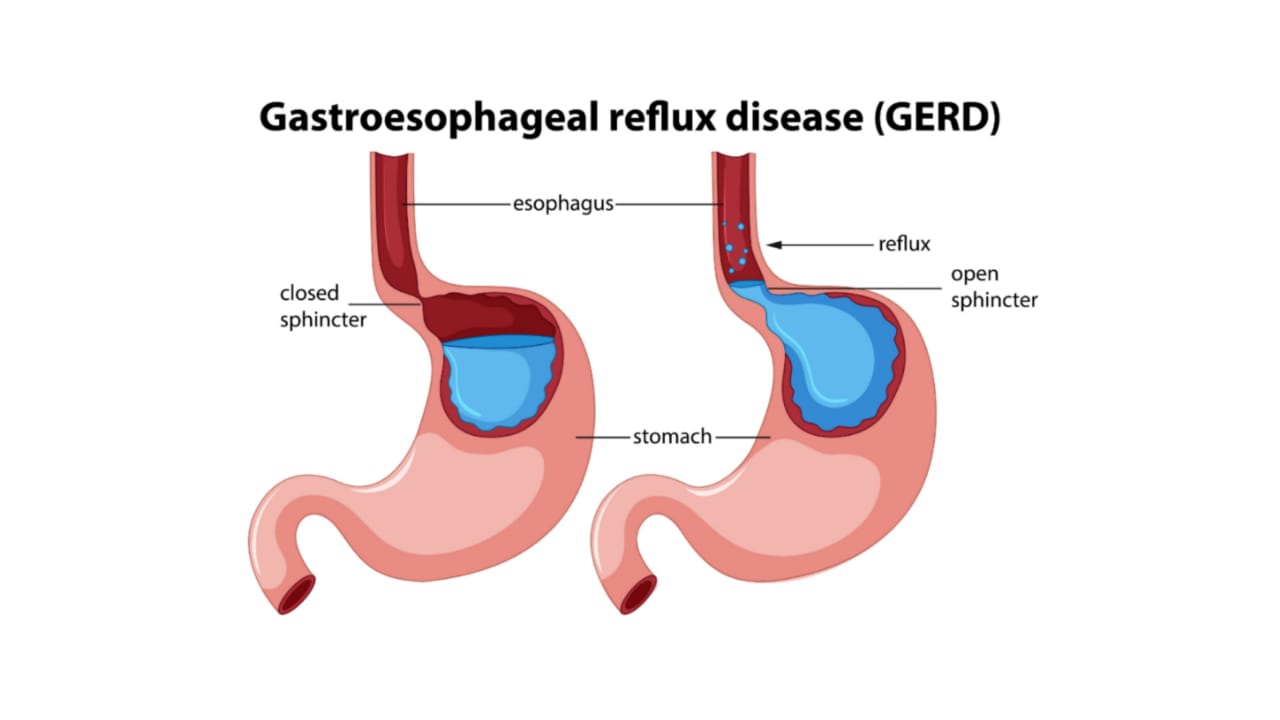Diabetes mellitus is a metabolic disorder and is characterized by high sugar(glucose) levels in the blood.
It is mainly caused by two mechanisms:
- The body produces an insufficient amount of insulin
- The body produces insulin but many cells in the body fail to respond to it.
Insulin: insulin is a hormone that is produced by the pancreas, a gland located behind the stomach. The role of insulin is to use the glucose present in the body for energy.
Types
It is mainly of two types
- Type 1
- Type 2
Type 1 diabetes: it is a condition when the body fails to produce a sufficient amount of insulin. It is mainly due to an autoimmune disease, a condition when the immune system in the body mistakenly attacks the pancreas that produces insulin.
Type 2 diabetes: it is a condition when beta cells in the pancreas are able to produce insulin but the body does not use insulin efficiently. This is also known as “insulin resistance”.
Causes
The causes of diabetes may vary with the type.
The cause of type 1 diabetes is unknown, but the body’s own immune system, which usually helps to prevent the body from harmful bacteria and viruses mistakenly attacks the beta cells in the pancreas that produce insulin.
Type 2 diabetes may be caused by:
- Obesity or overweight
- lack of exercise
- Genetics
- lack of activity
- Stress
- Consuming more processed foods
Diet
There are some foods that help you to control your high blood glucose level in the body
Foods that you should have:
You should have foods that are high in fiber, protein, and fats such as
- Fish
- Chicken
- Veggies
- Eggs
- Beans
- Nuts
- Avocado
- Flaxseeds
Foods that you should avoid:
- White bread
- Pasta
- Rice
- Sugary beverages
- Fruit juice
- Fried foods
- Trans fats
- Packaged Snacks
- Alcohol more than moderation
Treatments
It is a disorder that may be treated but can’t be cured.
The treatment of both types, type 1 & type 2 is different.
Treatment of type 1 diabetes:
Now as we know that type 1 diabetes is caused when the body does not produce a sufficient amount of insulin. so to treat this we have to give insulin to the body to act normal.
In type 1 diabetes, the standard treatment is done by giving insulin to the body. you may have seen people injecting insulin injections on regular basis, they are actually suffering from type 1 diabetes and needs a sufficient amount of insulin externally, as their bodies cannot make it internally.
Not everyone suffering from type 1 diabetes requires the same amount and the same type of insulin. There are many types and doses of insulin are used and vary with the patients.
Besides this, you can manage type 1 diabetes by changing your lifestyle and diet such as eating healthy foods, exercise daily to manage your body weight, count your carbohydrates, protein, and fat intake.
Treatment of type 2 diabetes
Type 2 diabetes is usually treated by the class of drugs known as oral hypoglycemic drugs.
There are different types of oral hypoglycemic drugs that act differently to control blood glucose levels in the body.
Someone who is suffering from type 2 diabetes has to take the oral dose of these medications daily to control their blood glucose levels.
The dose and type of medicine for type 2 diabetes vary with the condition of the patient.
Type 2 diabetes is usually caused by an inactive lifestyle, bad eating habits, obesity, lack of exercise, and stress. These are the things that you can easily change to manage elevated blood glucose levels.
Things that will help you to manage type 2 diabetes
- Do Regular exercise and control your weight
- Eat food that is high in fiber
- Control carbohydrate intake
- Choose foods with the low glycemic index
- Reduce your weight if you are obese.
- Monitor blood sugar level
- Get enough quality sleep
- Have plenty of water and stay hydrated



